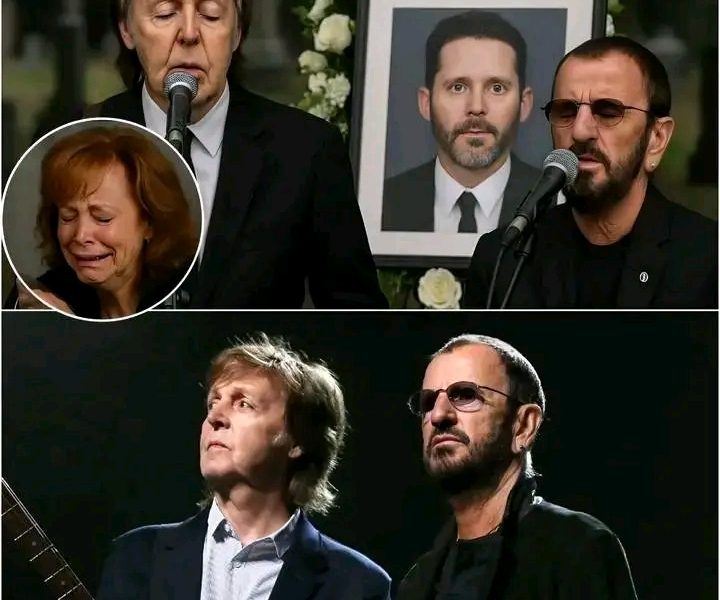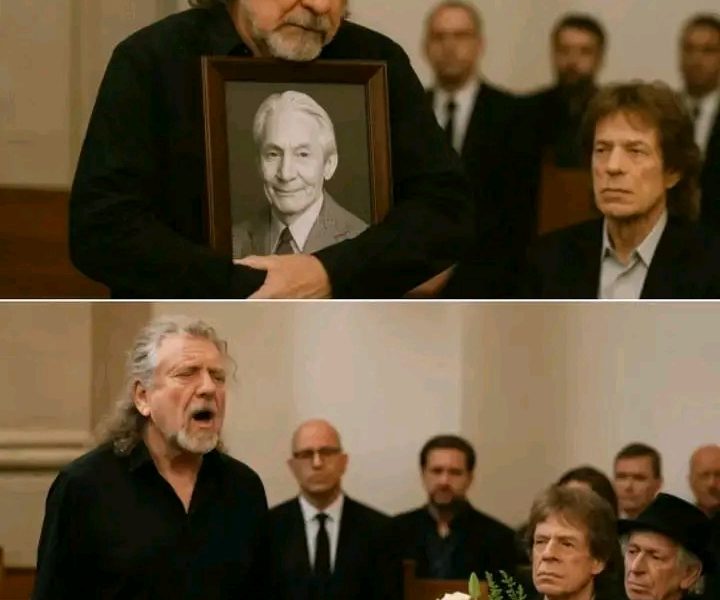Peter Baltes is a German musician, former bassist of heavy metal band , Accept having played bass guitar on their first 15 albums. He joined them in 1976 after Dieter Rubach left the band and also made minor contributions as a lead vocalist with Accept on their early albums and on the album Predator of 1996. After 42 years as a member, Baltes announced his departure from Accept in November 2018, the band later replaced him with former Uli Jon Roth sideman Martin Motnik. In 2023, Baltes joined U.D.O. and Dirkschneider alongside his former Accept band mate, Udo Dirkschneider…
Peter Baltes is a renowned German musician best known for his long-standing role as the bassist for the legendary heavy metal band Accept. Born on April 4, 1958, Baltes became a key figure in shaping the band’s sound and success. He joined Accept in 1976, stepping in after the departure of Dieter Rubach. Over the next four decades, Baltes contributed to all of Accept’s first 15 studio albums, becoming a cornerstone of the group’s rhythm section and a contributor to their creative direction.
Baltes’s bass playing helped define Accept’s classic heavy metal sound, combining aggressive riffs with melodic sensibility. He wasn’t just a bassist—his musical versatility also led him to provide lead vocals on several tracks in the band’s early years. Notably, he sang lead on songs from albums like Breaker and Predator (1996), showcasing a range that extended beyond his instrument. His vocal contributions added depth and variety to Accept’s catalogue.
Accept achieved international recognition in the 1980s with albums like Restless and Wild (1982), Balls to the Wall (1983), and Metal Heart (1985), with Baltes playing an integral role in their success. The band helped pioneer the speed and power metal subgenres, and Baltes’s thunderous bass lines were essential to their energetic sound.
In November 2018, after an impressive 42-year tenure, Peter Baltes announced his departure from Accept. His exit marked the end of an era for the band. Not long after, Accept introduced Martin Motnik, a former sideman of Uli Jon Roth, as Baltes’s replacement. While fans were saddened by Baltes’s departure, many understood it as the closing of a significant chapter in heavy metal history.
However, Baltes’s musical journey did not end there. In 2023, he joined U.D.O. and Dirkschneider, projects led by former Accept vocalist Udo Dirkschneider. This reunion with his old bandmate excited long-time fans of Accept, as it revived the chemistry that had defined much of the band’s golden era. Baltes’s entry into U.D.O. also brought fresh energy and experience to the group, further strengthening their sound.
With his enduring passion for music and deep roots in heavy metal, Peter Baltes remains a respected and influential figure in the genre, continuing to leave his mark well beyond his Accept years.

